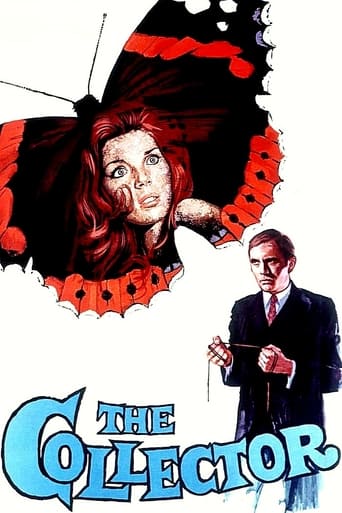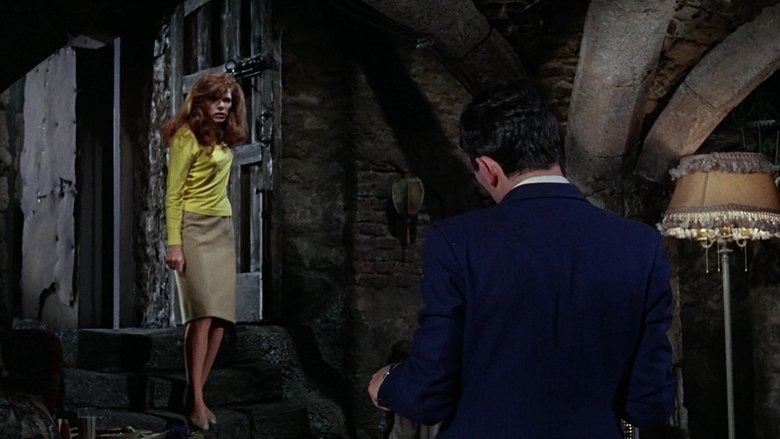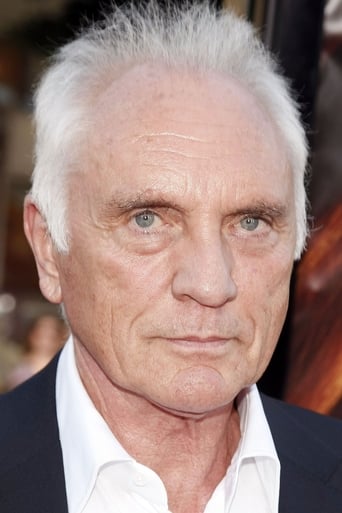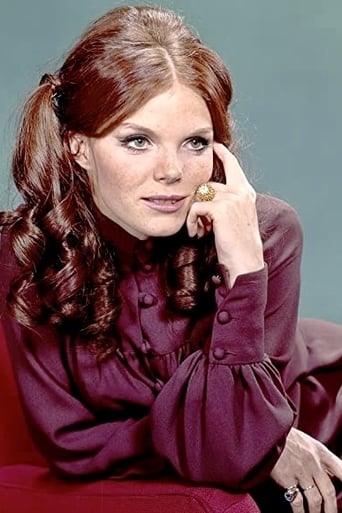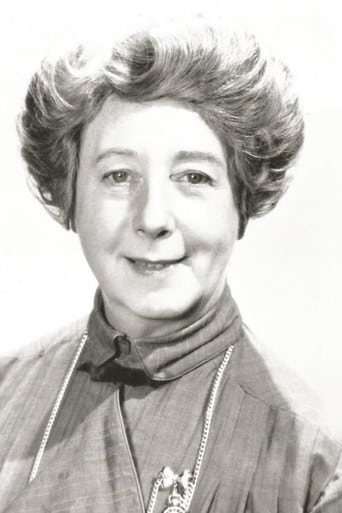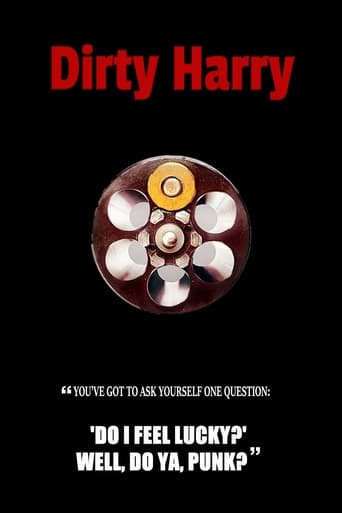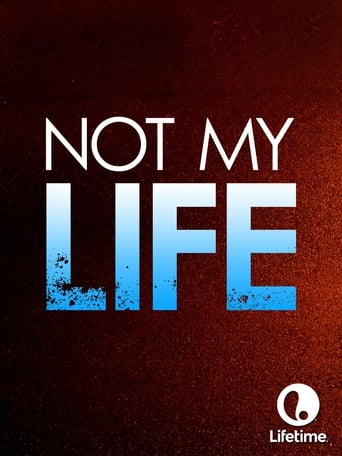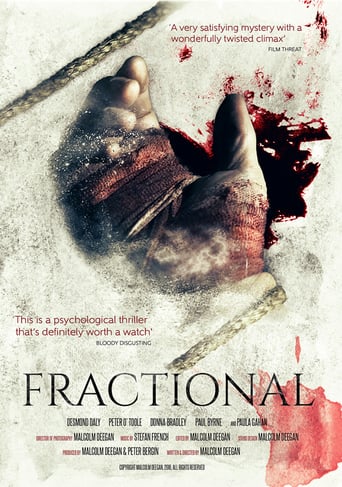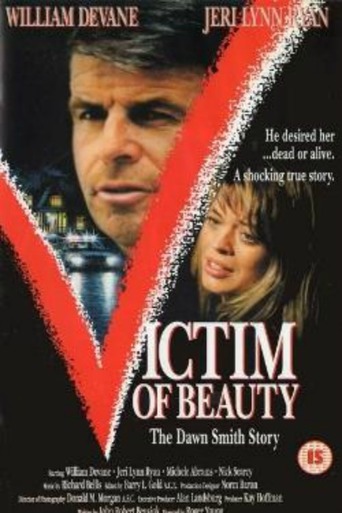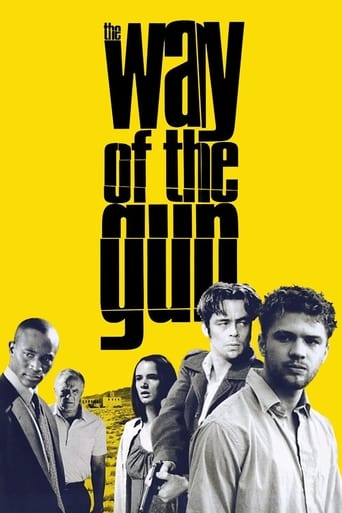The Collector (1965)
Freddie is an inept bank clerk with no future. His only hobby is collecting butterflies, which gives him a feeling of power and control that is otherwise totally missing from his life. He comes into a large sum of money and buys himself a country house. Still unable to make himself at ease socially, he starts to plan on acquiring a girlfriend - in the same manner as he collects butterflies. He prepares the cellar of the house to be a collecting jar and stalks his victim over several days.
Watch Trailer
Free Trial Channels
Cast


Similar titles
Reviews
One of the best movies of the year! Incredible from the beginning to the end.
Exactly the movie you think it is, but not the movie you want it to be.
It's a good bad... and worth a popcorn matinée. While it's easy to lament what could have been...
.Like the great film, it's made with a great deal of visible affection both in front of and behind the camera.
THE COLLECTOR is a psychological thriller film about the relationship between a confused hunter and his, even more confused, victim. It is based on the 1963 novel of the same name by John Fowles. A dark tone of the film corresponds to an authentic location and changes in the relationship between the two main protagonists. In fact, their relationship has passed through all stages, considering that both seek some kind of rescue.A lonely and unbalanced young man kidnaps and imprisons a pretty, young art student. He has, in the windowless stone cellar of his house, prepared a room for his prisoner. He is a butterfly collector and treats a young student as if she is one of his specimens. Soon, he admits his fatally love for her, while she tries to take advantage of those moments for escape attempt. After several unsuccessful attempts, she tries to connect with him and finally to seduce him. However, his problem is, to her sorrow, much more complex...The characterization is very good, because two very complex and stiff characters constantly collide.Terence Stamp as Freddie Clegg is a lonely, confused and somehow fascinating character. His psyche is torn between his calculations, love and a sense of possession. We do not know the cause of his behavior. His desires are not correlated with his monotonous nature. Mr. Stamp has offered a very good performance.Samantha Eggar as Miranda Grey is a beautiful and confused victim who runs through all possible states of the psyche, such as fear, depression, melancholy and ultimately despair. She shows a certain amount of compassion, through her futile escape attempts and bonding with Freddie. The beautiful Ms. Eggar has offered a convincing performance.The conclusion, despite some discrepancies, such as winning the lottery, or a suspicious neighbor, is realistic, cruel and terrifying.
William Wyler's outstanding psychological chamber drama is a unique two-hander between a young butterfly collector Freddie Clegg (Stamp) and his victim, Miranda Grey (Eggar), an art school student with whom he has been obsessed since their school days in Reading, England.A windfall falls upon to a lonesome Freddie, an introvert bank clerk fascinated by entomology, using the money he has won from a lottery, he buys an estate in the remote countryside, where he lives alone with (almost) no exterior interference. Thus facilities his plan to kidnap Miranda and locks her up in the basement which functions as a breeding ground for her to get to know about him and eventually fall in love with him, yet it is horse sense that this is only his wishful thinking. After the initial shock, Miranda starts to reason with him as Freddie appears to be not life- threatening to her, in fact, he is awfully kind, willing to provide her anything except freedom, finally they reach a four-week agreement under the circumstances, but it is totally at the mercy of Freddie's whimsy whether he will keep his promise, at the same time, Miranda pits her wits against her captor of every possible chance to escape or seek help. The mind game is played out with gusto and suspense even though viewers are fully aware that Miranda's nightmare cannot arrive its finish line that easy.Meanwhile, a tentative proceeding of mutual-understanding and affection-naturing is conducted during the period, Miranda begins to paint with Freddie as the live model, and Freddie shows her his butterfly collection, a cheery occasion has been shaped up until the agreed day of Miranda's release, it is at that moment, the imminent feeling of despair hits hard on her, she might never get out of it alive. In the ensuing days, she puts to good use of everything (from participating a sincere debate of art, as a sign of her own willingness to communicate with him in a deeper level, to the last resort, sex), to please and convince him that she is in complete submission to be what he wants her to become. Only if she were a better actress, a final blood-spurting resistance fails because she is not a cold-blooded slayer at any rate.THE COLLECTOR sparks off a incredible duel between Stamp and Eggar: the former, impeccably embodies his twisted psyche with his good-look and inviting timidity, terrifying but in a rather charming poise, even manages to generate a certain commiseration for such an unlovable role, a psychopath who doesn't resort to violence but beguilingly tortures his prey to the last breath with a tyrannical cruelty; the latter, who is honoured with an Oscar nomination (together with two other nominations for Wyler and its screenplay), counter-acts Stamp's vicious perverseness with her exhaustive range of portraying a prisoner inflicted by Stockholm syndrome and soon cornered at the ends of her wits, an Agnus Dei figure succumbs to the pure evil of our world. Both are supremely impressive achievements and acknowledged by Cannes that year.Wyler admirably resists any poetic justice to dampen the staggering ending which is diametrically in opposition to any major studio offerings. Underlined by Jarre's emotion-channeling score, THE COLLECTOR has never slumped into a tiresome drag, not for a minute, on top of its minimal milieu and an almost 2-hour length, it withstands the test of time and turns out to be a thrilling cautionary tale, which would only be matched by George Slugger's equally uncompromising THE VANISHING (1988).
One theory about why people collect things is that in a world where chaos constantly threatens, and where one has little control over fate, collecting is one area where control can be retained. "The Collector" is a story about a man who desperately wants to control one thing in particular – the woman he has become obsessed with.Although "The Collector" seemed pretty shocking in 1965, William Wyler said at the time that he intended to make a modern love story, but it's hardly that. Based on John Fowles' novel, the film may actually have been quite prescient, especially in light of the number of urban abductions and imprisonment of women that have occurred over the intervening decades. However the film's rather old-fashioned, near Gothic style, plus an over-the-top performance from Terence Stamp softened the nastiness of it all. But with that said, it's still pretty creepy.Terrence Stamp's character, Freddie Clegg, is a socially inept bank teller and butterfly collector who has won a fortune on the football pools. He comes across an isolated country home for sale. He is particularly interested in its large cellar, which he thinks might help him fulfil a fantasy that has become an even bigger interest than butterfly collecting. He is obsessed with a girl, Miranda Grey played by Samantha Eggar. With his newfound wealth he buys the country home then snatches Miranda off a street after chloroforming her. He keeps her prisoner in the cellar, and although he treats her more like a pampered houseguest, Freddie has complete power over her. He desperately wants her to fall in love with him, but as is the way with such obsessions, love and hate are closely linked. Miranda tries everything to extract herself from the situation even agreeing to stay for a month without struggle. Eventually she offers herself sexually. This enrages Freddie who has issues with intimacy – especially when Miranda is conscious. The changes in Freddie's feelings spell great danger for Miranda. The film follows the ending of the novel and it's a bleak one. Terrence Stamp's mannered performance is distracting. This included squeezing himself into a suit, which was at least a size too small, no doubt in an attempt to help capture Freddie Clegg's constrained personality. The twisted nature of the character is reinforced by Stamp's twisted posturing – just in case we missed the point. Samantha Eggar on the other hand, is perfect as Miranda Grey. She is the type of unattainable beauty who might easily attract the attention of a stunted personality such as Freddie Clegg – he knows he would never be able to associate with her on an intimate level under normal circumstances. Eggar's reactions are believable as her character undergoes various mood swings during her imprisonment. The audience identifies with her and she never loses their sympathy while Freddie never gains it.Maurice Jarre's score has been criticised as a hindrance in this film. His rich, melodic style certainly wasn't right for everything. The criticism is justified in this case as the music misdirects the mood of the film at crucial moments. Wyler was a meticulous craftsman who made many famous films, but the attention to detail that made many of his films great, made this one heavy instead. Although he coaxed a very good performance from the inexperienced Samantha Eggar, in my opinion, "The Collector" remains more of an oddity than a great movie.
Director William Wyler's adaptation of a novel by John Fowles concerning a disturbed young man's obsession with a beautiful woman who he eventually kidnaps and places in a basement room. The film is solidly made and acted and while it is interesting to watch, it is never gripping or compelling. It doesn't have any of the sordid messiness that the material requires and would have given it the edge it needs. Wyler's solid direction is at odds with the material. It's too neat and tidy. Samantha Eggar is a standout despite the fact that the ending feels like a cop out.I was interested in seeing "The Collector" only because it was directed by William Wyler who was one of the top directors in Hollywood from the 1930's through the 1950s. "The Collector" is fascinating because the story itself is a bit perverted and falls into the realm of Hitchcock, not Wyler (I kept thinking about Hitchcock's "Psycho" throughout). Why would Wyler, a solid veteran of Hollywood Movie Workhorses, be drawn to a dark film about an egotistical "head-case" who collects butterflies and decides that he wants to collect a beautiful woman he has long admired and keep her to himself? I have not found anything about his reasons but his involvement makes "The Collector" worth a look. Certainly, nothing about the story makes it worthy. What might have seemed daring and cutting edge back in 1965 now seems tame and has been done numerous times and better (the film is like "Misery" with the gender roles reversed). Nothing about what happens between the beautiful Miranda (a painfully beautiful and likable Samantha Eggar) and creepy Freddy (Terence Stamp) is really unique or even very interesting. But "The Collector" does hold your interest. The movie's opening moments are confusing. Wyler's attempts to establish Freddie as a character does not work completely enough to substantiate the act of kidnapping. Once Freddie has kidnapped Miranda and places her in a dungeon like setting, "The Collector" starts to come together. It becomes a character study of a demented, delusional loser who still pines for love and his prisoner's attempt to some how get out of the situation alive. In the scenes between Miranda and Freddie, Wyler's strength shines and Eggar is particularly good. She's lovely to look at and you can certainly understand why Freddie is attracted to her. Eggar's eyes show us how she is trying to assess the situation for an escape while Freddie keeps changing his methods and reasons for holding her captive. Without Eggar or a comparable actress, "The Collector" wouldn't work at all. It is too bad that what limited success the film does achieve falls squarely on Eggar's shoulders because Terence Stamp's Freddie is the reason the film fails to compel. It's not necessarily Stamp's fault. He is a great actor and though he is playing a stiff (or a demented dork), Stamp is never stiff or dull. "The Collector" simply does not establish how we are meant to feel toward Freddie until the very end when a piece of throwaway narration finally lets us know that he is psychotic (probably a sociopath). I doubt the intention by Wyler's was to create this ambiguity. If the film had made Freddie's character clear, then we would feel more peril for Miranda and her situation. As it plays out, we are confused by him and never really know if he is dangerous or just a bit of a lonely nut looking for love. This confusion elicited some seemingly contradictory and expected reactions. Take for example the scene where Miranda is tied up in the bathroom while the neighbor visits Freddie. When Miranda turns the bathtub water on so it overflows I found myself actually not wanting the neighbor to notice. I was actually on Freddie's side for some reason. If Hitchcock had made "The Collector" then I could see him doing something like this. He's the type of director who would have loved to have the audience side with the psycho but he would have made Miranda somehow unlikeable. In Wyler's film, he has not convinced us of Stamp's true nature (the upbeat, chirpy music that underscores many of Stamp's scenes certainly does not help). Therefore, the film feels uncertain and unfocused and it kills any tension.In the end, it comes down to the direction. As good as Wyler is, material like this is not something that is within his expertise. Perhaps he was, in his late career, trying to do something new. Having been a long time film maker, he might have sensed the changing times and tried to stay relevant. It's a worthy effort. "The Collector" required a director with a vision to create a sense of constant menace. The material should not have been smartened up the way Wyler does it but played for it's pulpy, scary aspects. Hitchcock could have done it. Certainly Polanski could have too and his "Rosemary's Baby" just three years later managed to be lot of what "The Collector" could have been.

